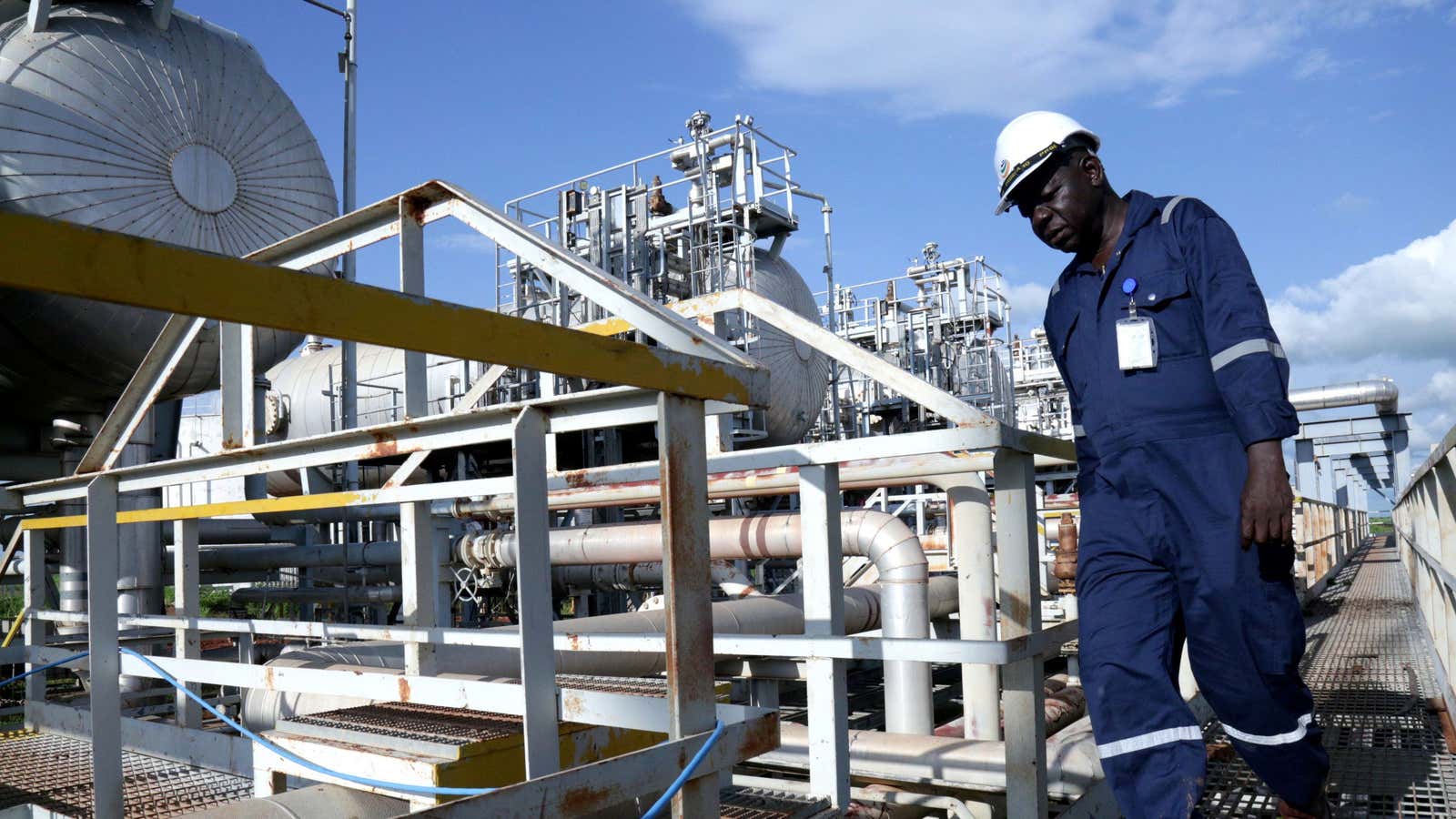Corruption, mismanagement and opaque business practices have for decades defined Africa’s commodity markets.
A Chinese billionaire says deploying new technologies might be the solution that could help African nations trade their minerals and natural resources more efficiently and profitably. Bruno Wu, chairman and co-CEO of technology company Ideanomics (formerly Seven Stars Cloud Group), says blockchain and artificial intelligence could create efficient systems that would help in pricing, selling, and ensuring accountability. Digitizing asset production and distribution would also allow for an opportunity to leapfrog, he adds, allowing the continent to lead just as it has with mobile money worldwide.
“Having a better tomorrow for Africa is about having a more transparent future. And blockchain can help there,” Wu told entrepreneurs and investors at an event hosted today (Sept. 25) at Africa House collective in New York.
Ideanomics has leveraged blockchain and AI to disrupt businesses for the past few years. Wu said the company has invested in 60 AI and blockchain companies, mostly in Silicon Valley and China, through strategic partnerships or ownership stakes. This month, the US-based firm also announced a joint venture to digitize the Asia-Pacific Model Electronic Port Network—a move that removes layers of middlemen in the port supply chain.
Wu told Quartz the company is studying the African market and would be open to working with countries that are leaders in producing key commodities, such as Nigeria for oil or Kenya for tea.
The announcement comes as African governments soften their stance on the use of blockchain technologies. After dealing with the issue with a mix of reticence and strong-handedness, governments such as Kenya’s have set up task forces to study the benefits and challenges. The decentralized, distributed ledger technology is also being used to disrupt everything from agriculture in Kenya and savings in Zimbabwe to trade in Nigeria and land fraud in Ghana.
Adopting the technology’s foolproof nature could also help save African economies millions of dollars they lose in corruption and money laundering, especially in the lucrative oil and minerals sectors. “Africa has an advantage with this digital future. So let’s not waste it,” Wu noted.
Sign up to the Quartz Africa Weekly Brief here for news and analysis on African business, tech and innovation in your inbox
